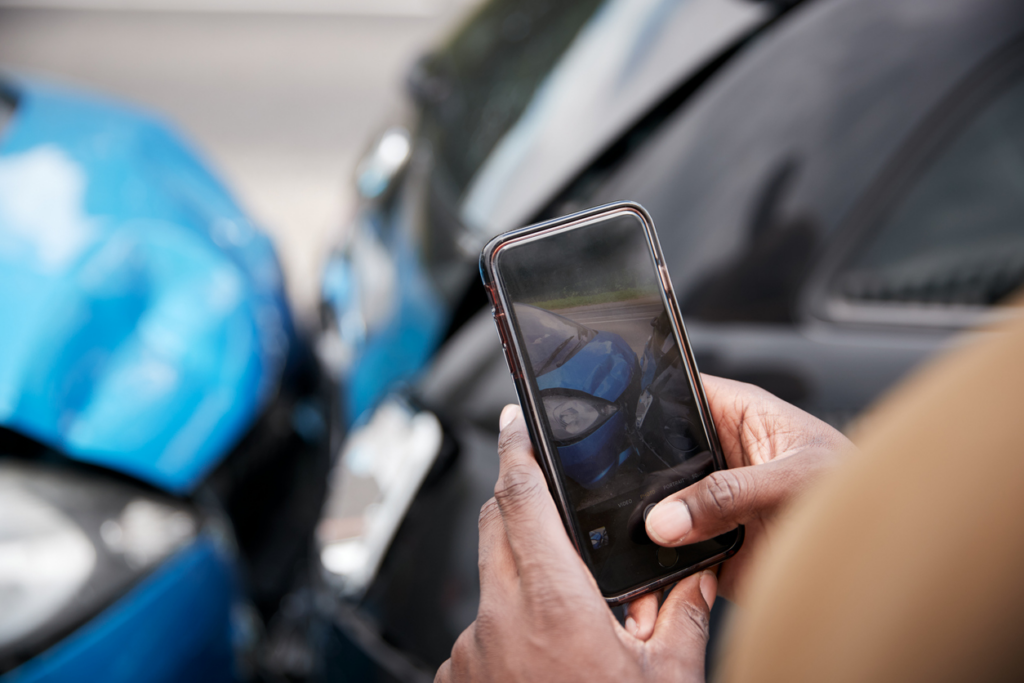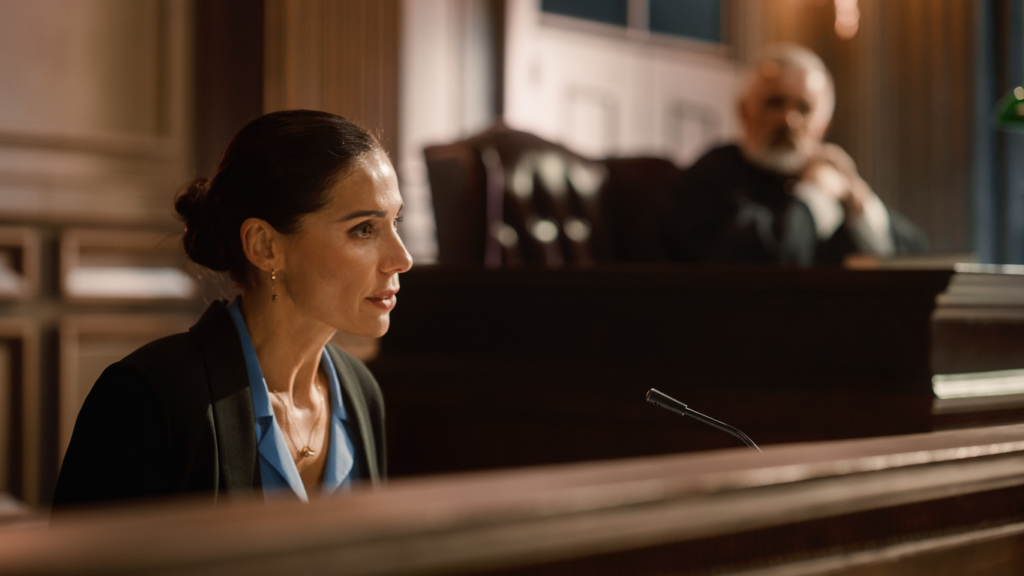 Personal injury cases rely heavily on evidence to prove who was at fault, how much compensation is owed, and other essential elements of the case. You need to have strong evidence to support your claims that someone else’s negligence caused your injuries. Otherwise, you may not get the money you deserve.
Personal injury cases rely heavily on evidence to prove who was at fault, how much compensation is owed, and other essential elements of the case. You need to have strong evidence to support your claims that someone else’s negligence caused your injuries. Otherwise, you may not get the money you deserve.
Types of Evidence in Personal Injury Cases
There are various types of evidence in personal injury cases. The kind you use will depend on the facts of your case and what your personal injury attorney is trying to prove. Some of the most common types of evidence include:
Document Evidence
When you’re trying to show damages, document evidence is one of the most commonly used types of evidence. This may include medical reports and bills, lost wage statements, and written expert opinions about your damages.
You may also have documents like a police report and written eyewitness statements that help you prove liability. This information can show what happened in the accident and who should be held responsible.
Expert Evidence
In many cases, experts must be used to show what happened or how the accident will affect you in the future. For example, an accident reconstructionist can be used to prove what happened in a car or truck accident where there is not enough information to explain how the crash occurred.
Experts may provide written or video testimony. They may also appear at trial and testify on the stand. Either party may also request a deposition, or formal recorded interview, of an expert prior to the trial to determine what they will say.
Experts can be expensive, but they are highly persuasive. The strong evidence they provide can help you win a case.
Picture and Video Evidence

Depending on where your personal injury occurred, there may be video evidence of the accident. Nearby businesses may have closed-circuit surveillance video that captured the accident. Publicly available traffic cameras may have information as well.
Video evidence is another type of strong evidence that is very persuasive in court. It will show members of the jury exactly what happened and who is telling the truth.
Witness Testimony

Witness testimony is strong evidence because there is no bias in what they are telling the jury, unlike when the plaintiff or defendant makes statements about what happened.
Physical Evidence
If your accident involved personal property that was damaged or other physical evidence, that information should be recorded with photographs or videos. In some cases, the actual items can be kept in the same condition as they were after the accident. This evidence helps prove what happened during the accident.
For example, if you were involved in a car crash, the cars themselves would be physical evidence to prove how the crash occurred. While you may not be able to keep the cars for an extended period of time, you can record that physical evidence with photographs and videos so that the jury can review it for themselves.
Why Is It Important to Have Strong Evidence?
You need strong evidence to prove that someone else caused your accident and ultimately the losses that you incurred. You have an initial burden of proving by a preponderance of the evidence that it is more likely than not that the other party caused your damages.
If you do not have strong evidence, the insurance companies will ignore you and the court may dismiss your case before you even get to a jury. If you do get to the jury, you may lose your case without the best evidence on your side.
How To Get Strong Evidence in a Personal Injury Case
You need to focus on getting the best evidence possible from a variety of sources. Thus, if you have good photographs of the scene of the accident, you should also seek out expert opinions about what happened and who is at fault. The more evidence you have, the better.
You need to go to the source of evidence to obtain it. If you are looking for medical records, you will need to go to the medical provider. If you want a police report, you need to go to the police department. Evidence should be verifiable, which requires original documents and information as opposed to secondhand sources.
It can be difficult to find an expert who specializes in cases like yours. However, when you work with a personal injury attorney, they can utilize their resources to access experts. Attorneys often network with experts and keep lists of those with various focus areas. Your attorney should be able to find someone who can give the best opinions for your case.
What If I Don’t Have Strong Evidence in My Personal Injury Case?
If you don’t have strong evidence against the other party, you may risk losing your case. It’s unlikely that an insurance company will make a settlement offer if you don’t have strong evidence of liability and negligence.
Your attorney may accept your case and help you take it to court, but if you lose it, you will not get any compensation for your damages. It’s best to take the time to collect strong evidence and then carry forward with a personal injury case that will have the best outcome possible.
Contact a Personal Injury Lawyer for Help Today
If you’ve been injured by someone else’s negligence, you deserve to get compensation for your damages. However, it can be complicated to develop a case with strong evidence. If you miss any details, you may lose your case and you won’t have an opportunity to get the money you deserve.
Attorney Venus Poe has helped countless clients in situations like yours. Contact Us for a case consultation.
